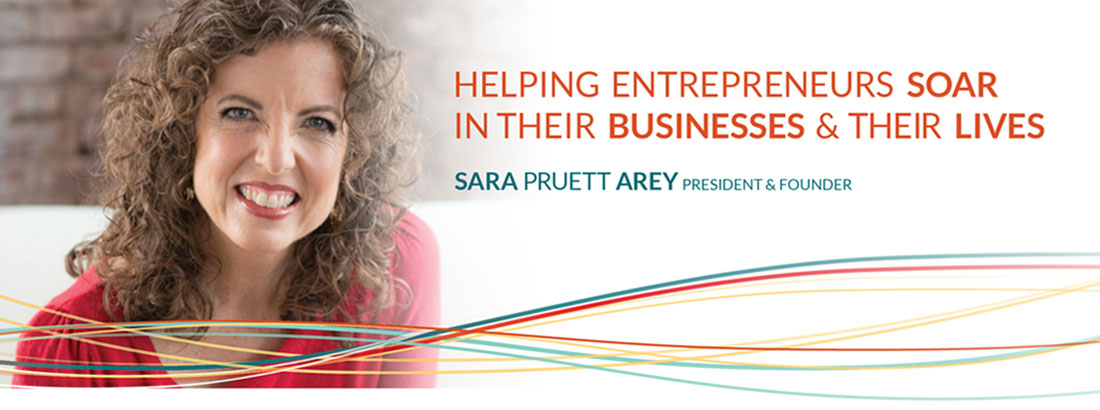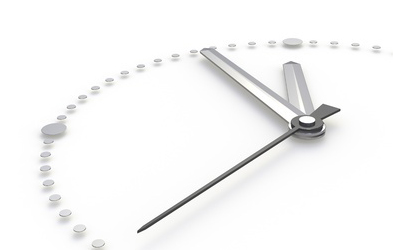I know it’s kind of a personal question, but how’s your relationship with time?
Here’s a quick quiz to help you determine the real state of things between you and time.
1. Are you more likely to say the phrases in Group A or Group B?
Group A
- Time’s running out!
- I don’t have time!
- Hurry up!
- There’s no time!
Group B
- Take your time.
- No rush.
- I’ve got time.
2. When you think about time, which are you most likely to feel?
- panicky and short-of-breath
- tight and contracted
- relaxed
- open and expansive
3. When you see someone with “lots of time on her hands”, which of these do you do?
- feel happy for her
- get even more stressed
- feel incredibly jealous
- wonder what you’re doing wrong
So looking at your responses, would you say you have a loving, abundant relationship with time, or do you feel like you never get enough of time and are always trying to get more?
We talk and think a lot about not having an abundant relationship with money. That’s easy to see because money is so easily measured – or not.
 What’s easy to miss, though, is the relationship between money and time. They generally parallel each other. Feeling like you don’t have enough of one usually means you feel like you don’t have enough of the other, either.
What’s easy to miss, though, is the relationship between money and time. They generally parallel each other. Feeling like you don’t have enough of one usually means you feel like you don’t have enough of the other, either.
When you live in lack in one area of your life, it affects all the others, too.
Experiencing abundance in any one area of your life impacts all the others, too.
So feeling more abundant with time can help you feel more abundant with money.
I’ve been reading The Architecture of All Abundance by Lenedra Carroll and was really intrigued with an idea she has about time.
She suggests that instead of asking, “What time is it?”, you ask yourself, “What is it time for?”
Is it time for writing and creating?
Time to make that phone call you’ve put off?
Time to write some sales copy?
Time to get support?
Time to sleep?
Time to take a break?
Time to get help?
Time to get more deeply in touch with why you do what you do?
There are several things I love about this question:
– There’s no judgment.
When we ask questions like “What should I be doing?” or “What’s the best thing for me to do now?”, there’s a sense of obligation to do the right thing or find the right answer.
– It focuses your attention on the present moment.
What is it time for now? Looking at the next one step is much less overwhelming than looking at an entire list.
– It’s an opportunity to bring your attention inward.
To take a moment and check inside. To go to a deeper place to find your answer and what it’s really time for.
– It gives the sense that there’s time for everything.
Okay, it’s time to work now. There’ll also be a time when it’s time to play or rest.
As I use this for myself, I’m finding a new sense of expansiveness and relaxation around time. And I’m also finding it easier to get down to work when that’s what it’s time for.
After all, that’s what it’s time for.
So right now, what is it time for?
I’d love to hear your thoughts on this below. And as you try it out, please let me know how it goes!


Comments 6
This is a great reframe, Sara. And I, too, have noticed the parallels between time and money. So it follows that an abundance mindset would apply to both. Thanks!
Author
Thanks, Ginger. I’ve definitely found the 2 related – and was excited to find such an empowering way to approach it.
I hope you find it helpful.
Sara
Love this, Sara!
I, too, can feel the expansiveness of that question. Opens up all kinds of possibilities.
I’ll have to play with it this week and see what happens… 🙂
Author
I’m glad, Wendy! Let me know how it goes.
I’ve found it really helpful when I feel stuck or at loose ends. Asking “What is it time for?” has helped bring things into focus.
Enjoy! 🙂
Sara
Sara, I love this way of looking at time. I tend to be always thinking about the future and not living in the present moment, so when I see a clock I work out how much time I have until an event in the future is happening. This has proved to be a fairly ineffective way of going through life, so now I will ask myself “what is it time for?” and see what difference it makes. Blessings, Ann
Author
I hope you find it as helpful as I do, Ann!
Hugs from the US!
Sara